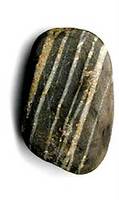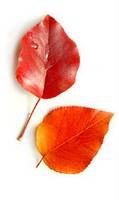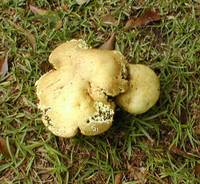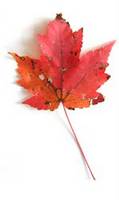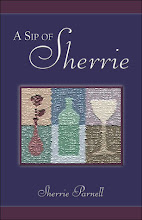Sher Ku
Haiku by Sherrie
Friday, October 22, 2004
Tuesday, October 12, 2004
Saturday, October 09, 2004
Thursday, October 07, 2004
Introduction....
Some lessons on the art of haiku:
1) Haiku is about nature... it captures an "Ah-Ha" moment. It is an expression of joy, sorrow or horror, because all live in nature.
2) Haiku is not titled. It is very simple. I try not to use more than two images. Word choice is very important. Try not to be vague or obtuse.
3) The plural of haiku is haiku, not haikus.
4) In the ancient Japanese form, there are 5-7-5 syllables, but you won't find them in this blog. I am a writer of western haiku, meaning my syllables will be shorter on each line. Because haiku is spoken as one breath and if I am to keep it that way, I need to make the lines shorter. Yes, it is officially okay to do this. To me writing haiku takes discipline.
5) Kigo is a seasonal word found in the haiku, denoting the season of the haiku. If I write about snow, you know this is winter. If I write about pumpkins--fall....and so on.
6) Occasionally you will see Synryu... (Steve B. created the term in regards to some erotic senryu that I wrote years ago...see I give credit when its due). Senyru is haiku not about nature--mainly about humans and their emotions. Synryu is about erotic moments that are beyond 'Ah-ha."
7) If you want to know more about haiku, I suggest you read the ancient masters or do a search and check out western haiku. And I will confess, I am a haiku snob...meaning I am not impressed with 5-7-5 haiku written in English. And one last thing...if my style doesn't meet your standards of what you think haiku should be...well, go read Basho.
ai (with pleasure)
Sherrie (forever a student of haiku)

